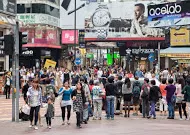
Euro, USD fluctuations hurt affluent Chinese visitors' preferences
Hong Kong suddenly became less appealing.
It has been noted that the movements in global currencies also played a role in the change in Chinese visitor spending patterns, amid a slump in retail sales towards the end of 2014.
According to a research note from Savills, the strengthening of the U.S. dollar (to which the Hong Kong dollar is pegged) against major currencies including the Chinese yuan and the weakening of the euro combined to make luxury goods in Hong Kong less appealing to affluent Chinese visitors.
This has further persuaded high-end Chinese visitors to try other travel and shopping destinations other than Hong Kong.
Here's more from Savills:
Retail sales in Hong Kong weakened towards year-end 2014, and recorded their fi rst full-year decline since 2003.
Sales of luxury products, including popular tourist items such as watches, jewellery, electrical goods and photographic equipment, have continued to cool.
The strengthening of the U.S. dollar and the weakening of the euro combined to make Hong Kong less appealing to affl uent Chinese visitors as a luxury shopping destination.
Overall rents for prime street shops continued to fall by 3.1% quarter-onquarter (QoQ) in Q4/2014. Looking forward, prime street shop rents are expected to decline by 10% to 15% in 2015.
In contrast, major shopping centre base rents are expected to see further growth in the range of 5% to 10% over the same period.


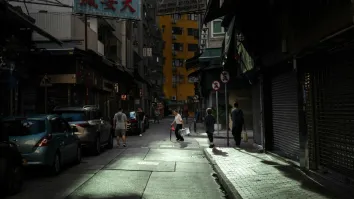
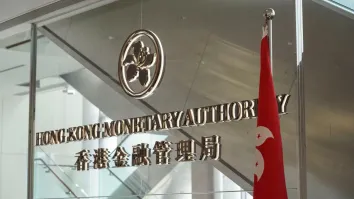

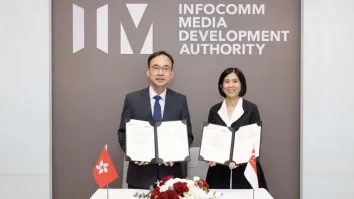
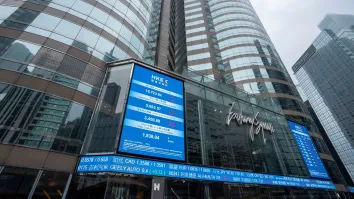










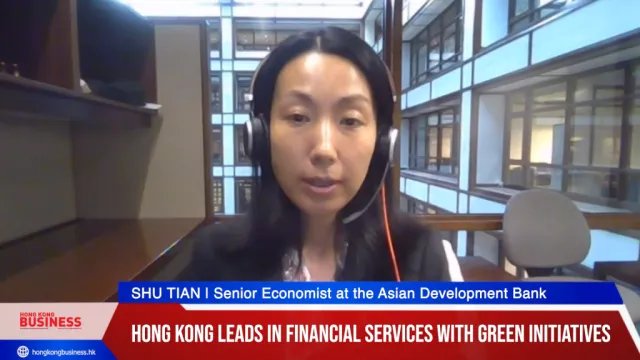

 Advertise
Advertise






